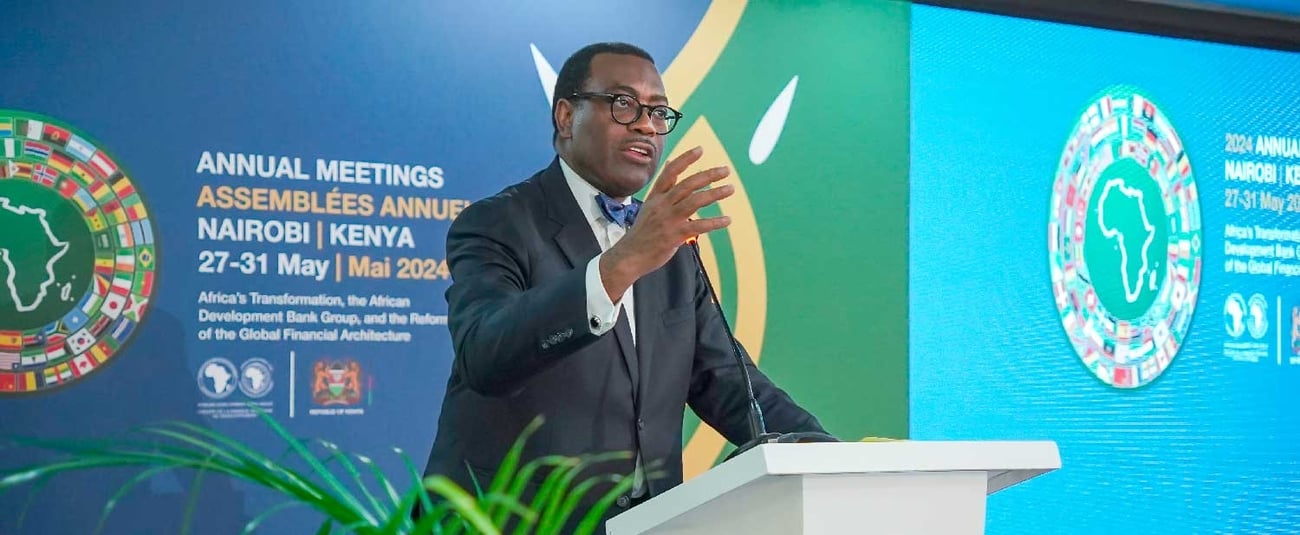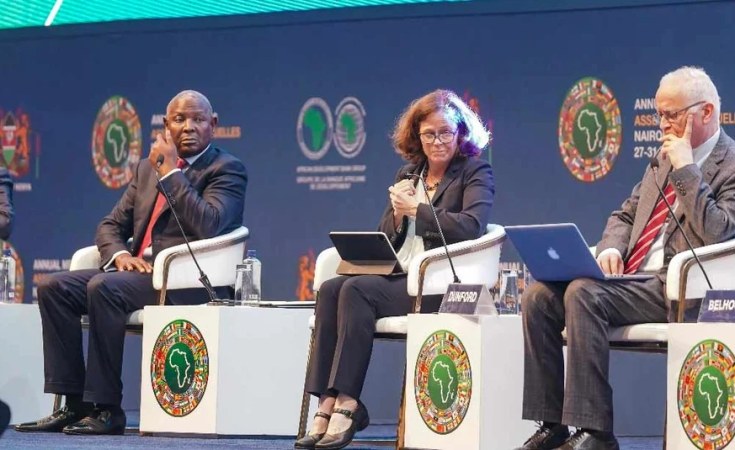As global leaders continue to work towards achieving zero carbon emissions by 2050, an environmental advocacy body, Climate Africa Media Initiative Center (CAMIC) has called for a comprehensive approach to meet the target.
The body also suggested a set of strategies aimed at significantly reducing carbon emissions in the global south, especially the African continent.
The body suggested a multifaceted approach that leverages innovative technologies, policy advocacy, and community engagement. It said such approaches are key to the global ongoing efforts to combat climate change and promote sustainable development.
CAMIC said it has been campaigning for reforestation and afforestation projects across deforested and degraded African lands with a focus on planting five billion trees, pointing out that such a move will not only sequester carbon but also restore biodiversity and support local livelihoods.
The body further informed that through webinars and school programs, it conducts educational campaigns to raise awareness about climate change and the importance of individual and collective actions in reducing carbon footprints.
CAMIC in a statement released in Abuja on Tuesday, pointed out that it aims to work with farmers to adopt sustainable agricultural practices such as conservation tillage, agroforestry, and use of organic fertilizers.
It said: “CAMIC is advocating for the accelerated deployment of renewable energy sources such as solar, wind, and hydropower.
“Agriculture is a major source of greenhouse gas emissions. CAMIC is working with farmers to adopt sustainable agricultural practices such as conservation tillage, agroforestry, and the use of organic fertilizers. These practices reduce emissions, enhance soil health, and increase crop resilience to climate change.”
CAMIC noted that it is actively engaged in policy advocacy, working with governments to implement and enforce regulations that limit carbon emissions, and emphasised the need for governments to embrace cutting-edge technologies in the fight against climate change.
“We are at a critical juncture in the fight against climate change. Our comprehensive strategies are designed to address the multifaceted nature of carbon emissions and provide sustainable solutions that can be replicated across Africa. By working together with governments, businesses, and communities, we can create a resilient and sustainable future for all,” said Pius Alabi, the Chief Growth Officer of CAMIC.
By Obiabin Onukwugha








